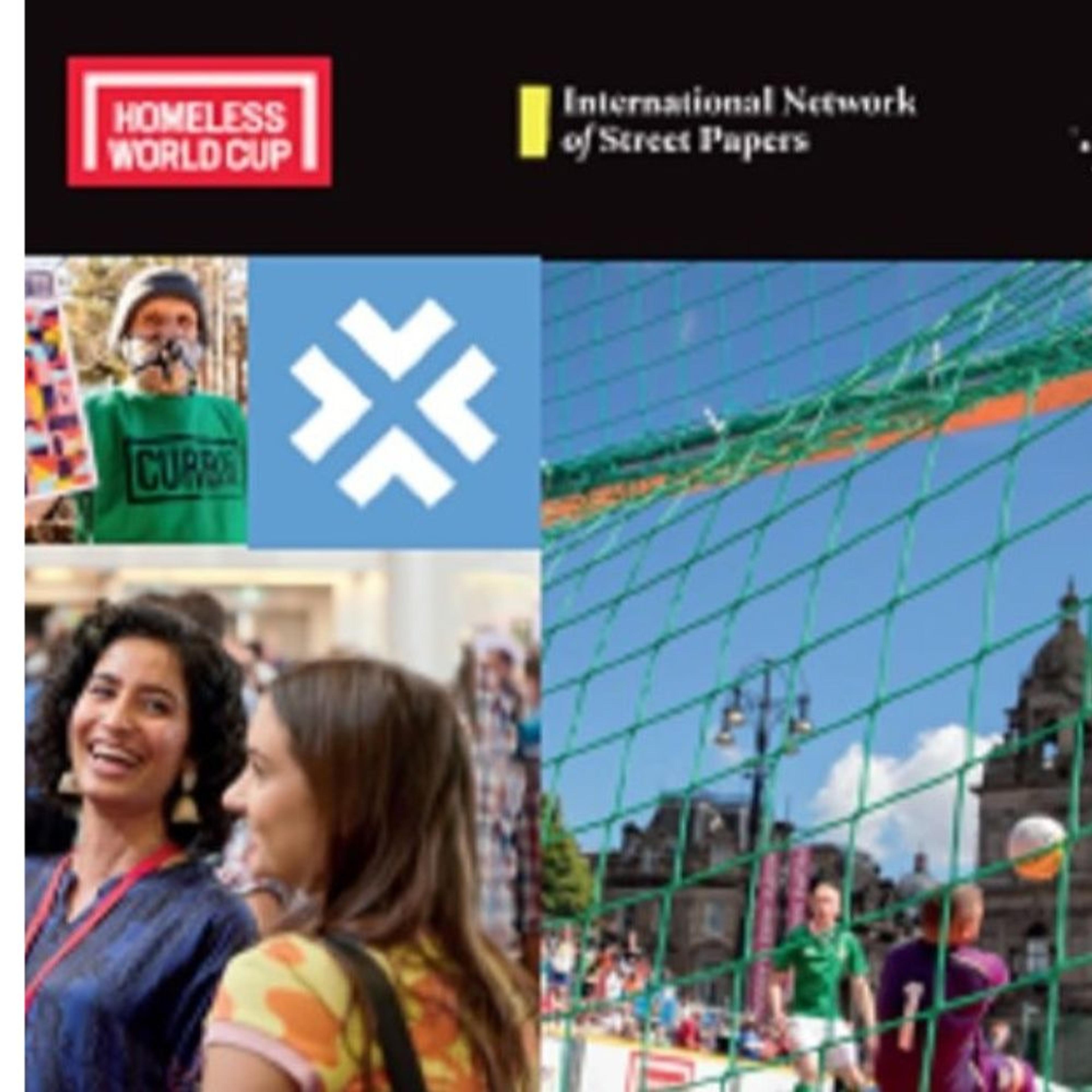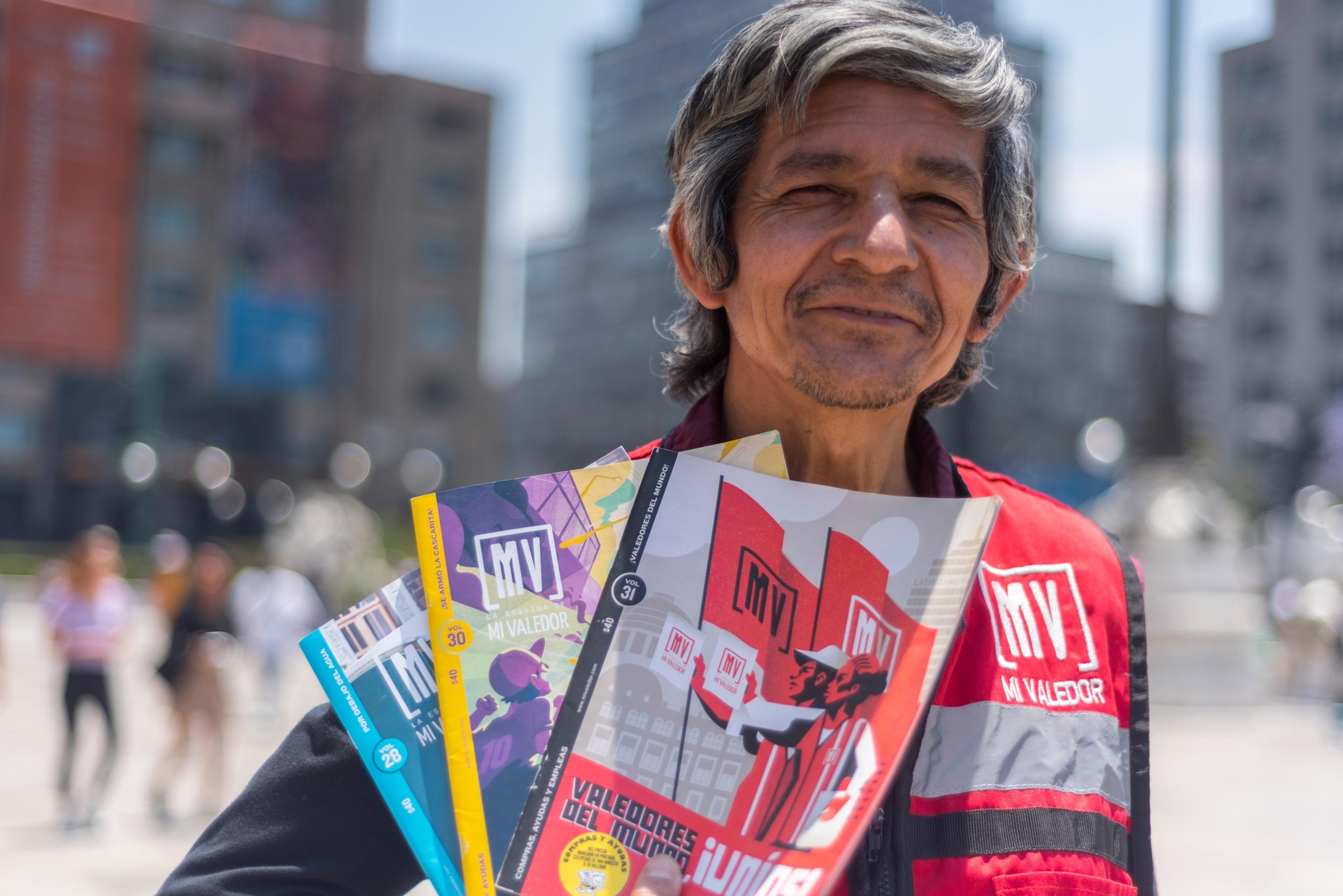INSP launches Journalism Training Academy
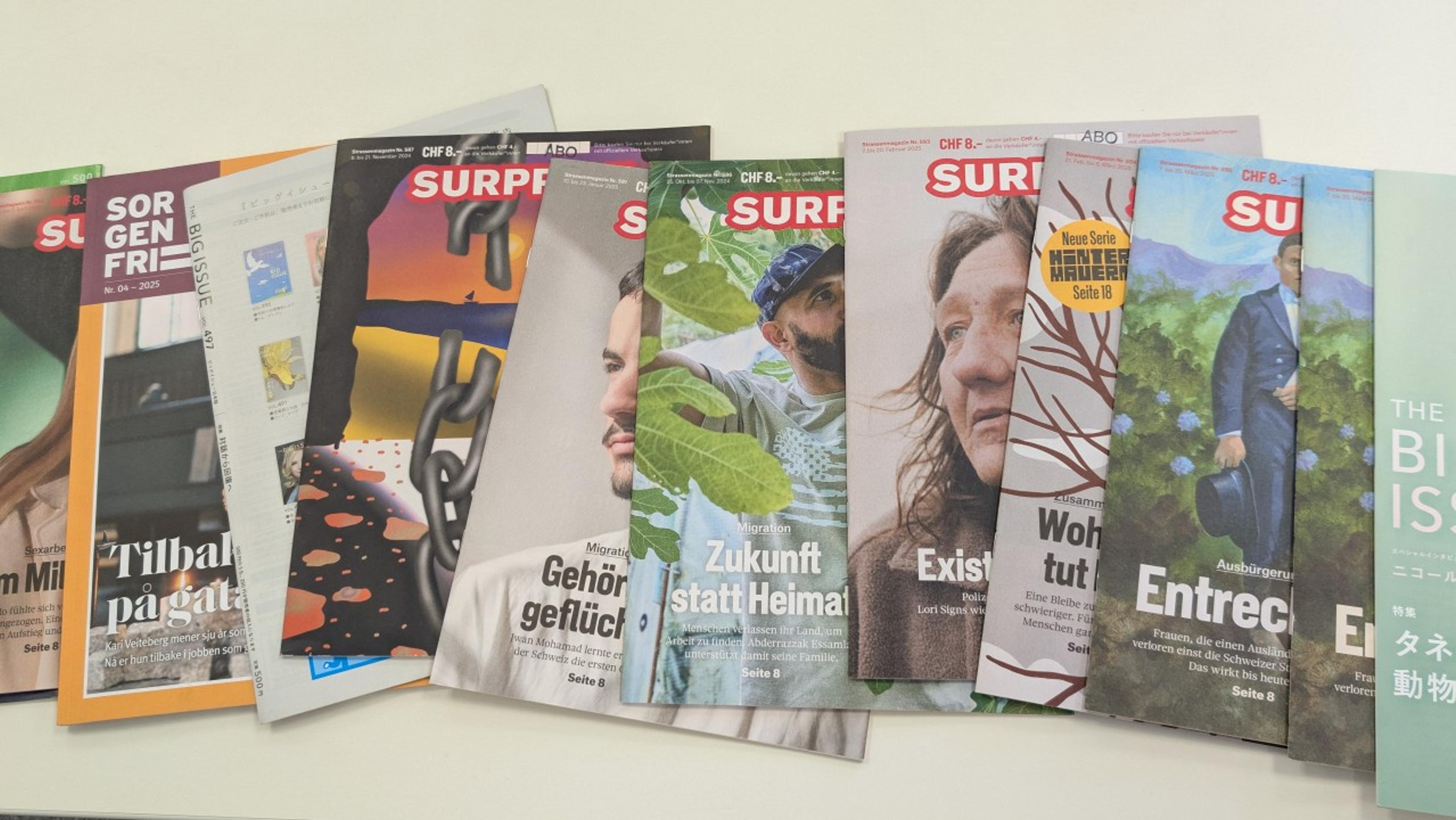
Image credit: Brian Connolly
By Brian Connolly
- INSP Impact
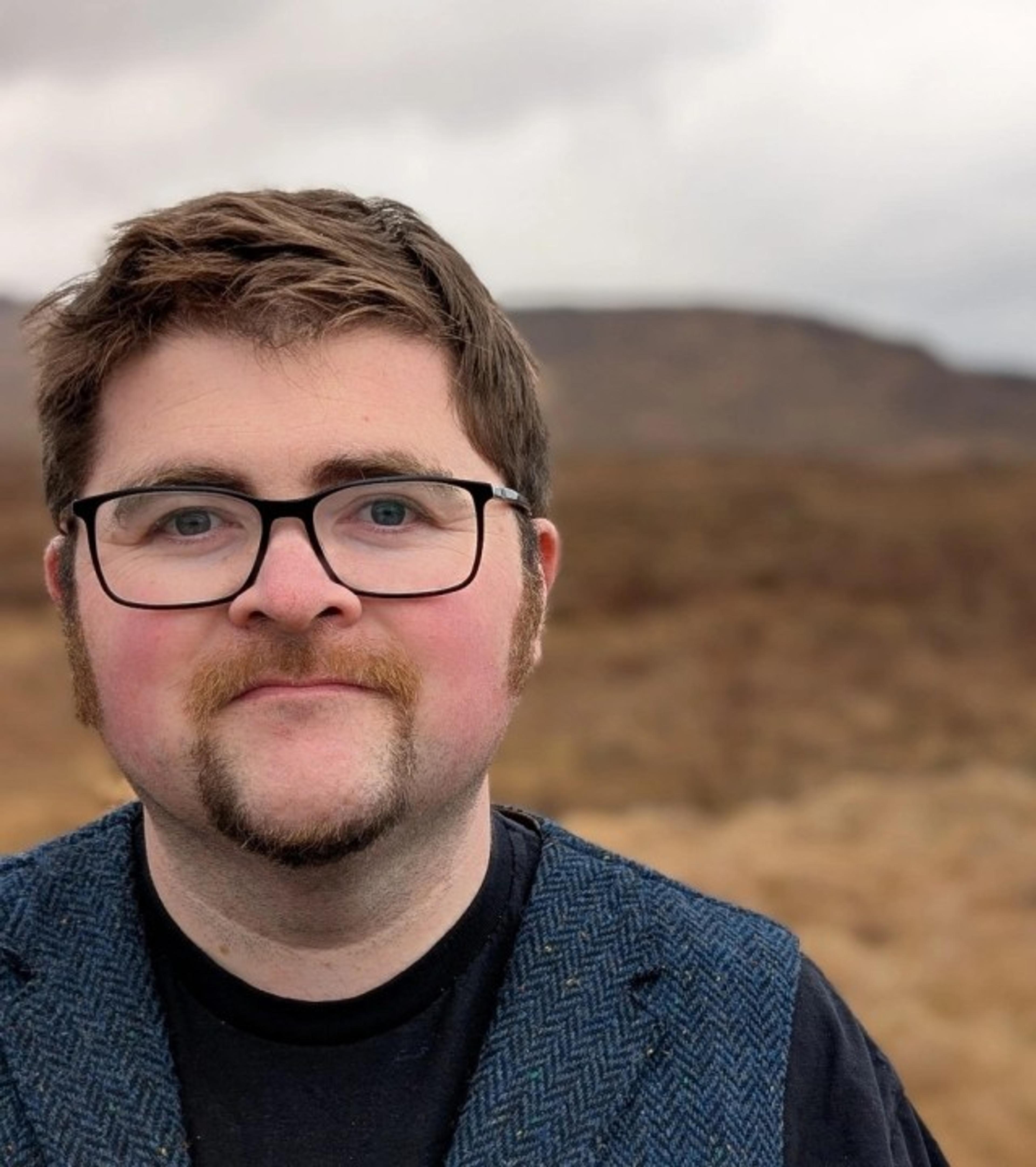
In this guest post, Brian Connelly reflects on INSP's new journalism training academy.
I recently had the privilege of attending the open lunch meeting for the International Network of Street Papers (INSP) new project, "Changing the Narrative on Homelessness & Poverty." This innovative initiative aims to challenge perceptions, elevate voices, and create pathways for those with lived experience of homelessness and poverty to enter the world of journalism and storytelling.
Addressing a Critical Gap in Media Representation
The project emerges at a crucial time. Recent statistics reveal that in Scotland, the proportion of people perceiving homelessness as a serious problem has risen from 82% to 89%, with 67% of Scots anticipating further increases in homelessness (compared to 58% in England). While many recognise the severity of the issue, media representation often falls short.
Research presented from the London School of Economics highlighted how British newspapers tend to "distance poverty from general society and portray it as a problematic Other." This 'othering' process perpetuates stereotypes and creates barriers to understanding the complex realities of those experiencing homelessness and poverty.
Equally concerning is the lack of diversity in UK newsrooms. 67% of journalists come from the three highest occupational groups (compared to just 45% of all UK workers), while only 9% have parents from the lowest two occupational groups (versus 19% of the general workforce). This social class disparity directly impacts how homelessness and poverty are depicted and reported.
A Practical Response: Creating Pathways for Authentic Voices
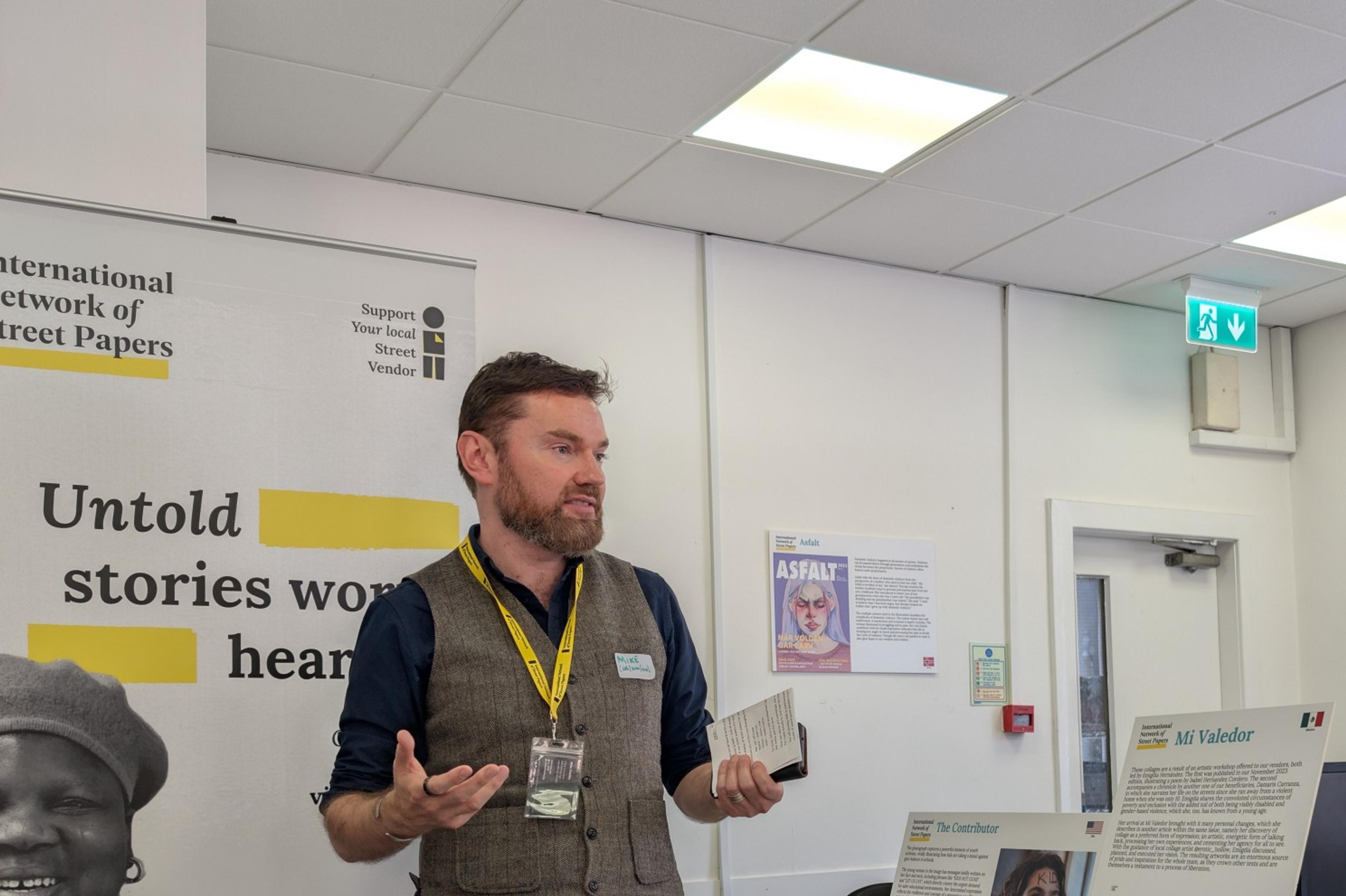
Mike Findlay-Agnew, CEO of INSP at launch INSP's Journalism Training Academy
Image credit: Brian Connolly
Listening to Mike Findlay-Agnew FRSA 🌈📚✍and Mairi Damer during the session, INSP's approach to addressing these challenges is both practical and empowering. The project will recruit two cohorts of 10 people with direct experience of homelessness and poverty to participate in workshops that provide journalistic and storytelling skills. Participants will:
- Attend half-day workshops in Glasgow between May-July and September-November
- Receive mentoring from media professionals, including those with similar lived experiences
- Have the freedom to choose what they write about, whether personal experiences, news reporting, or creative writing
- Be paid as freelance journalists for published articles
- Have their work potentially distributed through INSP's global network of 92 street papers
- Receive a Certificate of Attendance and Achievement to support future job applications
What makes this initiative particularly meaningful is its dual focus on both individual empowerment and systemic change. Participants gain valuable skills and income opportunities, while the wider media landscape benefits from authentic voices that can challenge prevailing narratives.
Beyond Skills Training: A Movement for Change
This isn't simply a training programme. The project also aims to produce a newspaper supplement distributed globally, create a 'voices' report for Members of the Scottish Parliament, and potentially organise a parliamentary engagement event. There are also aspirations to develop relationships with Scottish media organisations to create new pathways into journalism for people from disadvantaged backgrounds.
INSP has secured funding from several sources, including the National Lottery Awards for All, The Robertson Trust, People's Postcode Lottery, Endrick Trust and The Albert Hunt Trust. After starting in Scotland, the organisation hopes to extend the project UK-wide.
The Power of Street Papers
For those unfamiliar with INSP, the organisation supports the global street paper network, including publications like The Big Issue. These papers provide opportunities for people experiencing homelessness to earn dignified income by purchasing papers at a set price and selling them for profit. The network currently reaches 1.4 million readers globally, operates in 820 towns and cities, and supports 9,700 vendors who collectively earn around £10.4 million annually.
Street papers don't just provide economic opportunities; they challenge perceptions by telling stories that mainstream media often overlook. Through the INSP Global News Service, they share content across their network, with 88% of street papers using and republishing this content.
An Investment in More Than Skills
What struck me most about this project is its holistic approach. Beyond journalistic skills, it emphasises:
- Safeguarding and mental health support, including trauma-informed approaches
- Accessibility considerations for both digital and written literacy
- Flexible delivery methods that can meet participants where they are
- A culture of co-production, collective accountability, and equity
The project explicitly avoids forcing participants to share traumatic experiences, instead empowering them with choice and control over their storytelling. It's not a PR exercise for INSP, but a genuine attempt to diversify voices in media and challenge harmful narratives.
Next Steps
For those who want to support the initiative, INSP welcomes help with outreach efforts, workshop contributions from those with relevant experience, connections to media organisations and potential funders, and assistance making the programme as accessible as possible.
As someone working in economic development in Scotland, I believe this project represents a valuable intervention that aligns economic opportunity with social justice. By investing in the voices of those with lived experience, we not only create pathways out of poverty but also enrich our collective understanding of complex social issues. I am happy to be exploring how I can personally support this project and help create change.
The project has already done great outreach work through community groups in Glasgow including Simon Community Scotland, Ubuntu Glasgow, Big Issue, Homeless Network Scotland and will be working with The Social Hub (B Corp™) in delivering these workshops.
The project's tagline "Changing the Narrative on Homelessness & Poverty" captures both its ambition and its necessity. In our increasingly polarised society, initiatives that bridge divides and humanise complex social challenges are more essential than ever.
Changing the Narrative
Words sit dormant in city shadows, untold stories gathering like frost on cardboard sanctuaries. Each voice a universe collapsed, compressed behind statistics and labels.
Listen; the whisper becoming paragraph, the paragraph becoming page, the page becoming voice, the voice becoming power.
In Glasgow streets where glances skirt away, pens become bridges across invisible borders. The weight of ink on paper heavier than coins in a cup, lighter than the burden of being unheard.
Not charity, but clarity. Not speaking for, but listening to. Not "other" but author.
When the narrative changes, so too the narrator. From subject to storyteller, from margin to centre, from silence to symphony.
Here, now, on these streets where stories were always waiting to be written.
About Brian Connolly
Brian Connolly works in the Innovation Systems team in Scottish Enterprise. He has worked in the field of economic development over the last 15 years in roles covering place based development, business research and the exploration of new economic approaches such as community wealth building. Outside of Scottish Enterprise, Brian is a board member with the Centre for Thriving Places, a volunteer with the Wellbeing Alliance Scotland, and a fellow with the RSE Young Academy of Scotland. Brian recently completed a Professional Masters exploring the relationship between the public and private sector in developing the wellbeing economy
